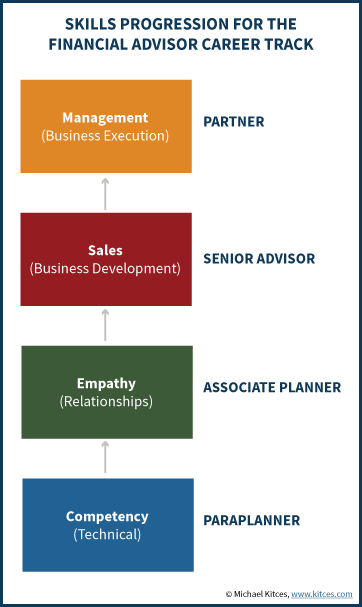When it comes to planning for your career success, financial planning is often overlooked. We tend to focus on building the right skills, networking, and gaining experience, but neglect the importance of managing our finances effectively. As someone who has experienced the ups and downs of navigating a career path, I have come to realize that financial planning plays a crucial role in achieving long-term success.
Growing up, I was always taught about the importance of working hard and pursuing my passions. However, nobody ever taught me about the importance of financial planning. As a result, I found myself in situations where I was unprepared for financial emergencies and didn’t have a solid foundation to build my career upon. But through trial and error, I have learned some valuable lessons that I want to share with you.
First and foremost, understanding your financial goals and creating a budget is imperative. Take the time to evaluate your current financial situation and determine what you want to achieve in the short term and long term. Are you looking to pay off student loans, save for a down payment on a house, or invest for retirement? Identifying your goals will give you a clear roadmap for how to manage your money effectively.
Once you have set your goals, it’s time to create a budget. This is where you outline your income, expenses, and savings. Start by tracking your monthly expenses to get a clear picture of where your money is going. Look for areas where you can make adjustments, such as cutting back on unnecessary subscriptions or eating out less frequently. Designate a portion of your income towards savings and make it a non-negotiable commitment. By creating a budget and sticking to it, you will have better control over your finances and be able to allocate resources towards your career goals.
Next, it’s crucial to be mindful of your debt and take steps to manage it effectively. Student loans, credit card debt, and other financial obligations can easily become overwhelming if not managed properly. Begin by prioritizing your debt payments and tackle high-interest loans first. Consider consolidating your debt or refinancing to take advantage of lower interest rates. By proactively managing your debt, you will alleviate financial stress and free up resources to invest in your career growth.
Investing in yourself is another key aspect of financial planning for career success. Whether it’s pursuing additional education, acquiring new skills, or attending conferences and workshops, investing in your professional development will pay dividends in the long run. Be sure to allocate resources towards these opportunities in your budget, as they are essential for staying competitive in today’s job market.
Additionally, building an emergency fund is essential for weathering unexpected financial storms. Life is unpredictable, and having a safety net in place will provide peace of mind in case of job loss or unforeseen expenses. Aim to save at least three to six months’ worth of living expenses in a separate account that can be easily accessed if needed. Having this financial buffer will allow you to focus on your career without the constant worry of financial insecurity.
Another critical component of financial planning is retirement savings. It’s never too early to start planning for retirement, and the earlier you begin, the better. Take advantage of employer-sponsored retirement plans, such as 401(k)s, and contribute as much as you can, especially if your employer offers matching contributions. If you don’t have access to an employer-sponsored plan, consider opening an individual retirement account (IRA) and contribute to it regularly. Starting early and consistently contributing to retirement savings will ensure a comfortable and secure future.
Lastly, don’t forget to regularly reassess and adjust your financial plan as needed. Life circumstances change, and your goals may evolve over time. Revisit your financial plan at least once a year to ensure you’re staying on track and making progress towards your objectives. Seek advice from financial professionals if needed, as they can provide guidance and help optimize your financial strategy.
In conclusion, financial planning is a vital component of achieving career success. By setting clear goals, creating a budget, managing debt, investing in yourself, building an emergency fund, and saving for retirement, you will create a solid foundation for your career journey. Remember, success is not just about the money you make but how effectively you manage and utilize those resources. So start today, and take control of your financial future for a prosperous and fulfilling career.
